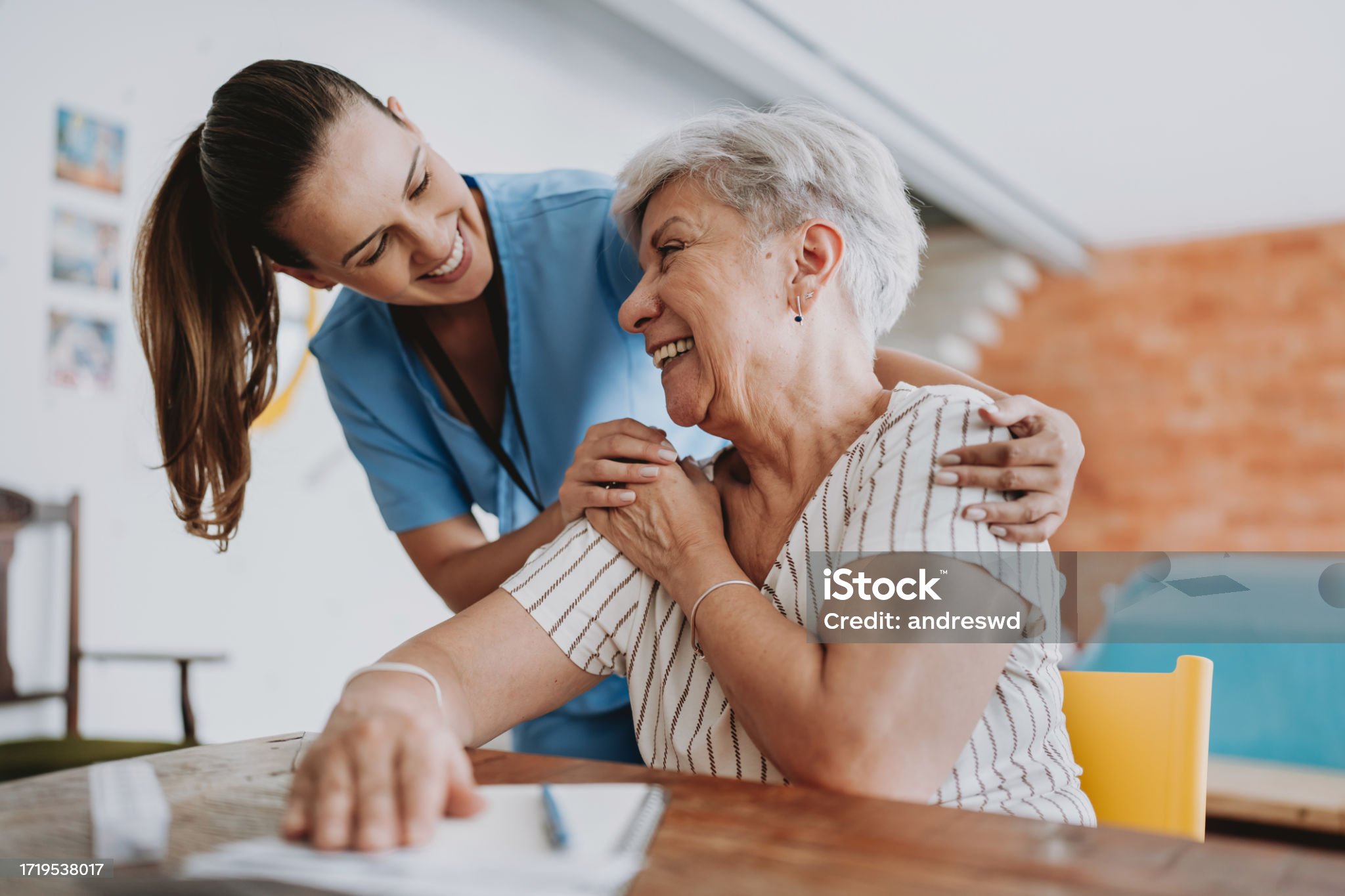Emotional and Social Support

Older people feel better when they have support from others. This support can come from family, friends, neighbors, or even former coworkers. Family usually helps with emotional needs and daily tasks, while friends and neighbors are often more involved in social and fun activities. All of this support helps older adults feel less lonely and more connected.
Emotional well-being means how someone feels from day to day—how
often they feel happy, calm, or sad. It’s one part of overall
happiness. Both positive and negative feelings can affect how
someone experiences life. While support from others clearly makes a
difference, not many researchers have studied how different types of
support affect both good and bad emotions at the same time.
Among all kinds of support, family support is one of the most
important. When older people don’t feel supported by family, they
often feel lonely, sad, or even depressed. A supportive partner,
like a husband or wife, can help reduce those negative feelings.
Even small things like help with chores or financial assistance from
family members can make a big difference. Family helps reduce bad
feelings more than it brings joy—but that still has a major impact
on well-being.
When it comes to joy, that’s where friends play a big role. Friends
are more often connected to fun, laughter, and shared enjoyment.
Spending time with friends helps older people feel more confident
and satisfied with life. Friends might not be the first to help with
serious problems, but they are great at creating happy moments.
Because friendships are based on shared interests, the time spent
together tends to feel more fun and fulfilling.